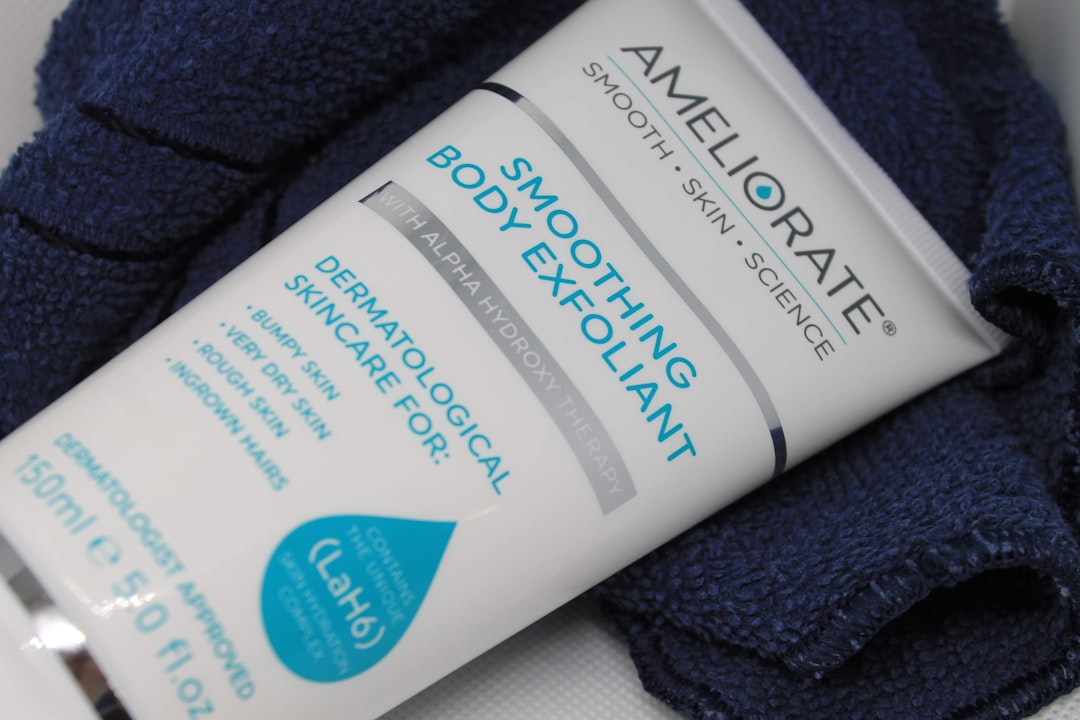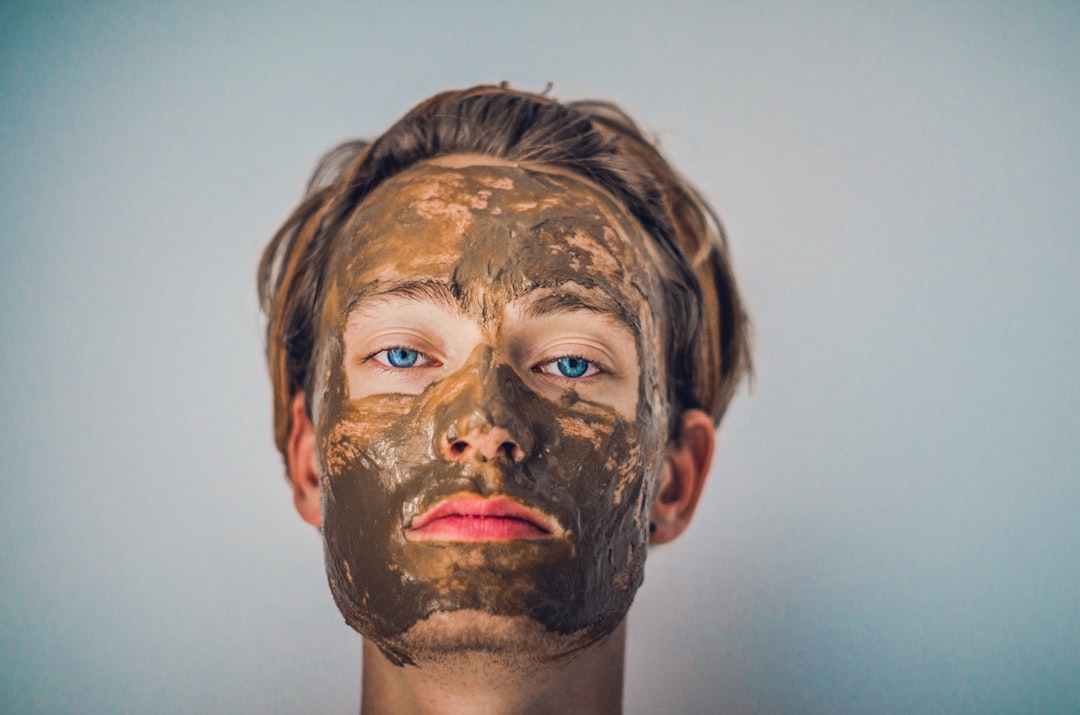Understanding your skin type is the first step in creating an effective skincare routine. There are generally four main skin types: normal, oily, dry, and combination. Normal skin is well-balanced, with small pores and few imperfections. Oily skin tends to produce excess sebum, leading to a shiny complexion and enlarged pores. Dry skin lacks moisture and can feel tight or flaky. Combination skin is a mix of oily and dry, with an oily T-zone and dry cheeks.
To determine your skin type, observe how your skin feels throughout the day and after cleansing. Normal skin will feel comfortable and balanced, while oily skin may feel greasy and dry skin may feel tight. Combination skin will have both oily and dry areas. Additionally, consider any specific skin concerns you may have, such as acne, sensitivity, or signs of aging. Understanding your skin type will help you choose the right products and treatments to address your individual needs.
Understanding your skin type is crucial for creating an effective skincare routine. It allows you to choose products that are specifically formulated for your skin’s needs, whether it’s balancing oil production, providing hydration, or addressing specific concerns like acne or aging. By understanding your skin type, you can tailor your skincare routine to achieve the best results for your complexion.
Summary
- Understanding your skin type is crucial for choosing the right skincare products and routine.
- Cleansing and exfoliating are essential steps in maintaining healthy and clear skin.
- Choosing the right moisturizer for your skin type can make a significant difference in its overall health and appearance.
- Incorporating serums and treatments can target specific skin concerns and improve overall skin health.
- Sun protection is vital for preventing premature aging and reducing the risk of skin cancer.
- Consistency and patience are key to seeing results from your skincare routine.
- Consulting a professional can provide personalised advice and recommendations for your skin concerns.
Cleansing and Exfoliating
Cleansing is a fundamental step in any skincare routine, as it removes dirt, oil, and impurities that can clog pores and lead to breakouts. For those with normal or combination skin, a gentle foaming cleanser can effectively remove excess oil without stripping the skin of its natural moisture. Oily skin types may benefit from a cleanser containing salicylic acid to help control oil production and prevent breakouts. Dry skin types should opt for a hydrating cleanser that won’t further deplete the skin’s moisture levels.
Exfoliating is another important step in maintaining healthy skin. It helps to slough off dead skin cells, revealing a smoother, brighter complexion. For those with normal or combination skin, a gentle exfoliating scrub can be used 2-3 times a week to keep the skin clear and smooth. Oily skin types may benefit from a chemical exfoliant containing alpha or beta hydroxy acids to help control oil and prevent breakouts. Dry skin types should opt for a gentle exfoliant that won’t further strip the skin of its natural oils.
Cleansing and exfoliating are essential steps in any skincare routine. By choosing the right products for your skin type, you can effectively remove impurities and dead skin cells, leading to a clearer, brighter complexion. Incorporating these steps into your daily routine will help to maintain healthy, balanced skin.
Choosing the Right Moisturizer
Choosing the right moisturizer is essential for maintaining healthy, hydrated skin. For those with normal or combination skin, a lightweight, non-comedogenic moisturizer can provide the right amount of hydration without clogging pores. Look for ingredients like hyaluronic acid or glycerin to help maintain moisture levels without feeling greasy. Oily skin types should opt for an oil-free, mattifying moisturizer to control shine and prevent breakouts. Dry skin types will benefit from a richer, more emollient moisturizer that provides long-lasting hydration.
In addition to choosing the right moisturizer for your skin type, it’s important to consider any specific concerns you may have. For example, those with sensitive skin should look for a moisturizer that is free from fragrances and other potential irritants. If you’re concerned about signs of aging, consider a moisturizer that contains anti-aging ingredients like retinol or peptides.
Choosing the right moisturizer is crucial for maintaining healthy, hydrated skin. By selecting a product that is tailored to your specific skin type and concerns, you can ensure that your skin remains balanced and nourished.
Incorporating Serums and Treatments
Incorporating serums and treatments into your skincare routine can help to target specific concerns and improve the overall health of your skin. Serums are lightweight, fast-absorbing liquids that contain high concentrations of active ingredients. They can address a variety of concerns, such as hydration, brightening, or anti-aging. For those with normal or combination skin, a hydrating serum containing ingredients like hyaluronic acid can help to maintain moisture levels without feeling heavy or greasy. Oily skin types may benefit from a serum containing niacinamide to help control oil production and minimize the appearance of pores. Dry skin types should look for a serum with ingredients like vitamin E or squalane to provide intense hydration.
In addition to serums, incorporating targeted treatments into your skincare routine can help to address specific concerns like acne, hyperpigmentation, or signs of aging. For example, those with acne-prone skin may benefit from a treatment containing benzoyl peroxide or salicylic acid to help clear breakouts and prevent future blemishes. Those concerned with hyperpigmentation may benefit from a treatment containing ingredients like vitamin C or kojic acid to brighten and even out the complexion.
Incorporating serums and treatments into your skincare routine can help to address specific concerns and improve the overall health of your skin. By choosing products that are tailored to your individual needs, you can effectively target concerns like hydration, acne, hyperpigmentation, or signs of aging.
Sun Protection
Sun protection is one of the most important steps in any skincare routine, as exposure to UV rays can lead to premature aging, sun damage, and an increased risk of skin cancer. Regardless of your skin type, it’s crucial to incorporate a broad-spectrum sunscreen into your daily routine. Look for a sunscreen with an SPF of at least 30 and apply it as the last step in your skincare routine, even on cloudy days or during the winter months.
For those with normal or combination skin, a lightweight, non-greasy sunscreen will provide the right amount of protection without feeling heavy or clogging pores. Oily skin types should opt for an oil-free sunscreen that won’t exacerbate shine or lead to breakouts. Dry skin types will benefit from a moisturizing sunscreen that provides both hydration and sun protection.
In addition to daily sunscreen use, it’s important to reapply throughout the day, especially if you’re spending time outdoors or participating in activities that may cause sweating or rubbing. Consider using a powder sunscreen for easy touch-ups on the go.
Sun protection is essential for maintaining healthy, youthful-looking skin. By incorporating a broad-spectrum sunscreen into your daily routine and reapplying as needed, you can protect your skin from the damaging effects of UV rays and maintain a healthy complexion.
Consistency and Patience
Consistency is key when it comes to skincare. It’s important to establish a daily routine and stick to it in order to see results. Whether you’re cleansing, moisturizing, applying serums, or using treatments, consistency is crucial for maintaining healthy, balanced skin.
It’s also important to be patient when starting a new skincare routine or trying out new products. It can take time for your skin to adjust to new products or treatments, so it’s important to give them time to work before expecting immediate results. Additionally, it’s important to introduce new products gradually to avoid overwhelming your skin and causing irritation.
In addition to consistency and patience, it’s important to listen to your skin and make adjustments as needed. If you notice any signs of irritation or sensitivity, it’s important to scale back on products or consult with a professional for guidance.
Consistency and patience are essential for achieving healthy, radiant skin. By establishing a daily routine, being patient with new products, and listening to your skin’s needs, you can maintain a balanced complexion and address specific concerns over time.
Consulting a Professional
While establishing a skincare routine at home is important for maintaining healthy skin, it’s also beneficial to consult with a professional for guidance and expertise. A dermatologist or skincare specialist can provide personalized recommendations based on your individual needs and concerns.
If you’re struggling with persistent acne, signs of aging, or other specific concerns, seeking professional advice can help you identify the best treatments and products for your skin type. Additionally, professionals can provide in-office treatments like chemical peels or laser therapy that can complement your at-home routine.
In addition to seeking professional advice for specific concerns, regular check-ups with a dermatologist can help monitor changes in your skin over time and identify any potential issues early on.
Consulting with a professional can provide valuable insight into maintaining healthy, radiant skin. By seeking expert advice and guidance, you can ensure that your skincare routine is tailored to your individual needs and concerns.
In conclusion, understanding your skin type is crucial for creating an effective skincare routine tailored to your individual needs. From cleansing and exfoliating to choosing the right moisturizer and incorporating serums and treatments, each step plays a vital role in maintaining healthy, balanced skin. Sun protection is essential for preventing sun damage and premature aging, while consistency and patience are key for achieving long-term results. Consulting with a professional can provide valuable guidance and expertise for addressing specific concerns and maintaining overall skin health. By following these steps and tailoring your routine to your individual needs, you can achieve healthy, radiant skin that looks and feels its best.
Discover the essential role of hyaluronic acid in your skincare routine with our related article, “Unlocking Radiant Skin: The Essential Role of Hyaluronic Acid in Your Skincare Routine.” This informative piece delves into the benefits of incorporating hyaluronic acid into your daily regimen, providing valuable insights for achieving healthy and glowing skin. Whether you’re a skincare novice or a seasoned enthusiast, this article is a must-read for anyone looking to elevate their skincare game. Learn more about the importance of hyaluronic acid by visiting bestskincareproducts.eu.
FAQs
What are the basic steps for a skincare routine?
The basic steps for a skincare routine are cleansing, exfoliating, toning, applying serum, moisturizing, and applying sunscreen.
How often should I cleanse my skin?
It is recommended to cleanse your skin twice a day, in the morning and evening, to remove dirt, oil, and makeup.
What is the importance of exfoliating in a skincare routine?
Exfoliating helps to remove dead skin cells, unclog pores, and improve the skin’s texture and appearance.
Why is it important to use sunscreen in a skincare routine?
Sunscreen helps to protect the skin from harmful UV rays, which can cause premature aging, sunburn, and skin cancer.
What should I look for in a moisturizer for my skincare routine?
When choosing a moisturizer, look for one that is suitable for your skin type (dry, oily, combination) and contains ingredients like hyaluronic acid, glycerin, or ceramides to hydrate and nourish the skin.
How can I choose the right skincare products for my skin type?
It is important to identify your skin type (dry, oily, combination, sensitive) and choose products that are specifically formulated for your skin’s needs.
What is the role of a serum in a skincare routine?
Serums are lightweight, fast-absorbing skincare products that contain high concentrations of active ingredients to target specific skin concerns, such as fine lines, dark spots, or hydration.
Is it necessary to use a toner in a skincare routine?
While not essential, a toner can help to balance the skin’s pH levels, remove any remaining traces of dirt or makeup, and prepare the skin to better absorb the following skincare products.
How can I incorporate anti-aging products into my skincare routine?
Anti-aging products, such as retinoids or peptides, can be used in the evening after cleansing and before moisturizing to help reduce the appearance of fine lines, wrinkles, and other signs of aging.
What are some common mistakes to avoid when crafting a skincare routine?
Common mistakes to avoid when crafting a skincare routine include using products that are not suitable for your skin type, over-exfoliating, skipping sunscreen, and not being consistent with the routine.




